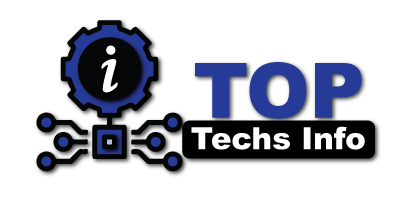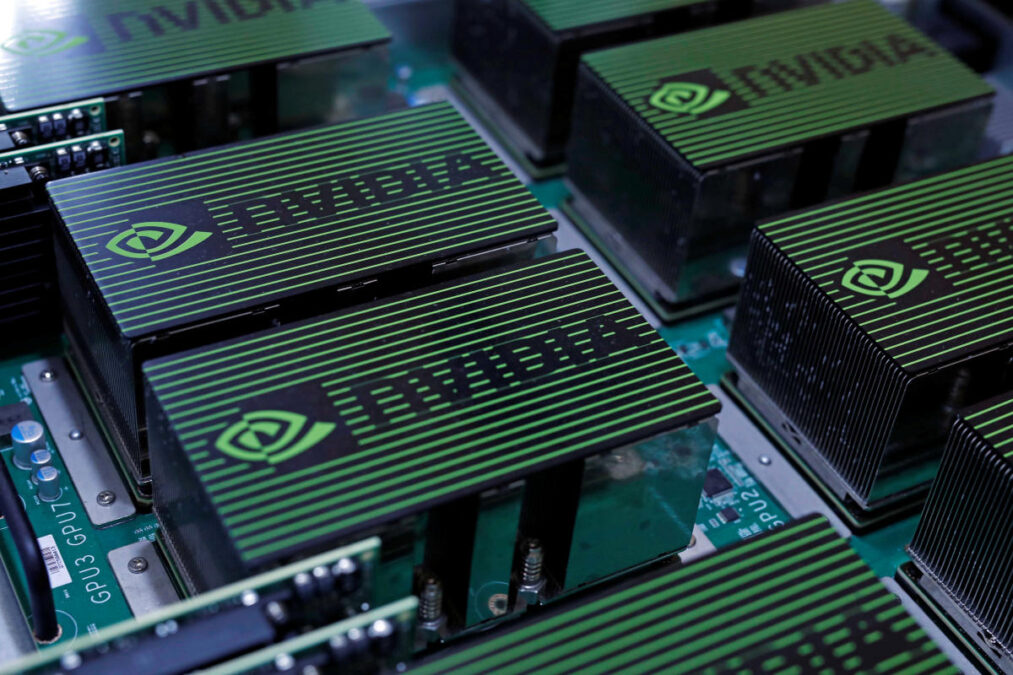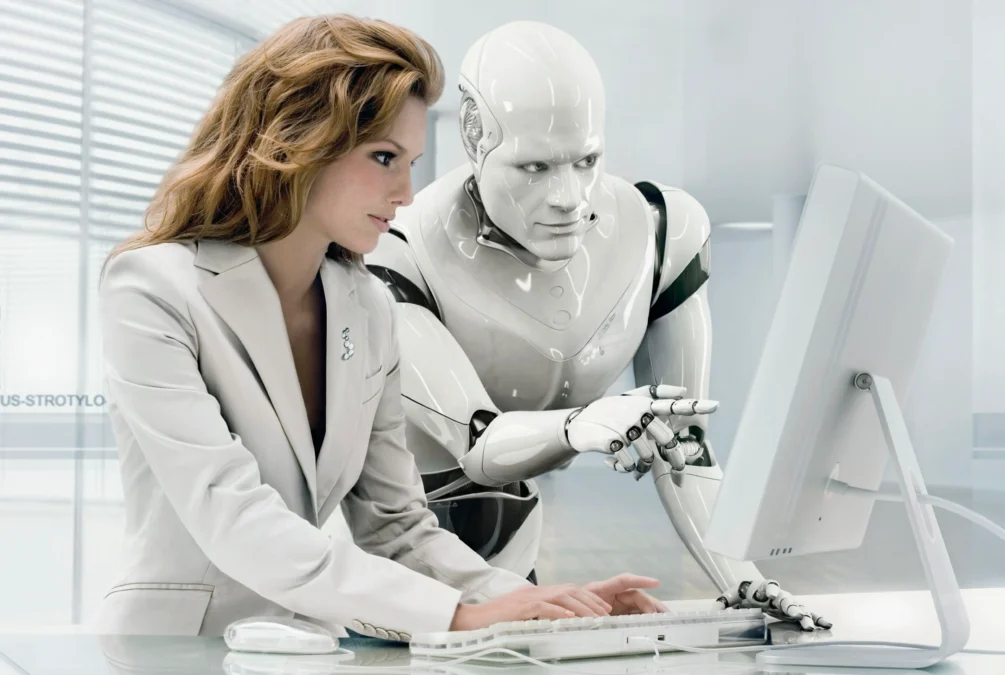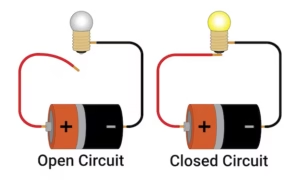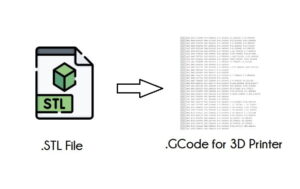Artificial intelligence-the buzzword of years long past. Today, the tool is powerful, redefining the way we conduct business, automating what previously was repetitive, analyzing vast volumes of data, even facilitating critical decisions in a work environment that is spreading to nearly every industry known-finance and health care to education and retail. So what is AI, really-and how is this revolutionizing our work?
What is AI and How is it Used in Work?
AI refers to the ability of machines and software to simulate human intelligence; that is, learning through data and performing tasks otherwise dependent on human input. In business, AI encompasses from coordinating a meeting and organizing tasks to forecasting customer conduct and searching for patterns in data. Through helping employees avoid waste of their vital time on routine and mundane chores, AI has served as a trigger to enhance productivity in most processes by allowing the employees devote their valuable time to more creative and inventive work.
Do Read:
Myths and Facts About Social Media Popularity: What Science Says
Transformation of Careers with AI
AI is becoming increasingly dominant in the workplace. This has impacted career landscapes, with emerging roles and less relevant positions leading to shifts in global job markets.
Emerging Roles Powered by AI
AI has given labour rise to new specific positions as data scientists, individuals who design the machines, learning engineers, and ethicists. These are the jobs that involve construction, administration and evaluation of Artificial Intelligence systems. Even non-tech sectors have started demanding roles that bridge the gap between technology and business. People who can interpret AI insights and align them with company goals are invaluable.
Decline of Routine and Repetitive Jobs
The rise of AI continues to bear repetitive and predictable work; hence, jobs that comprise routine activities such as data entry, telemarketing, and assembly line working are diminishing. Automation has been steadily taking away jobs in which human intervention is used to carry out these duties, pushing individuals to embrace jobs requiring greater cognitive and creative strength.
Skill Shifts in the Age of AI
There is now a higher number of job openings which require integration with artificial intelligence, and therefore require newer skill sets. Most definitely, it indicates that technical as well as soft skills are required for the workforce to remain competitive in the Age of AI.
The Rise of Technical and Digital Skills
Quite reasonably, today’s competencies, such as AI, machine learning, data science, are expected in many positions irrespective of the field. The workforce can no longer be expected to have no basic awareness of digital tools or data analytics. Advanced opportunities are opened up when people upskill in such areas, and they do not get left behind by their peers.
Soft Skills in AI-Dominated Work
The new value of soft skills is an increasing trend in the AI world. Critical thinking, emotional intelligence, and adaptability are highly valued as they enhance human-AI collaboration. Soft skills help workers to navigate complex situations, make sound decisions, and work effectively with AI tools in a balanced and productive working environment.
Opportunities of AI in the Workplace
In addition to job and skill changes, AI presents a lot of possibilities for work quality. Possibilities have changed for both companies and individuals-from improved productivity to the ability to make better decisions.
Improved Decisions
AI can handle routine assignments by allowing employees to work on more impactful projects. Automation makes processes easier and faster in completing tasks and reduces mistakes, thereby significantly enhancing productivity. In manufacturing and logistics, for instance, AI-powered robots and automation systems finish tasks with accuracy and speed, ensuring higher output and efficiency.
Personalization and Better Decision Making
AI can look at customer data, predict trends, and personalize user experiences. For example, in retail, AI might recommend products to a user based on what they have purchased in the past, thus making shopping more specific to every person. In business, AI-driven data insights make it possible for people to make smarter decisions since analytics can be provided in real time, supporting strategic choices.
The Role of AI in Shaping Future Work Environments
AI not only changes what we do but also how and where we work. The flexibility and efficiency of AI-powered tools are changing the structure and dynamics of modern workplaces.
Remote Work and AI Integration
More importantly, AI tools make remote work more efficient due to virtual work environments. AI platforms in the management of scheduling, communication, and project management make it seamless and accessible for teams to work from different locations. Furthermore, AI-powered productivity tools organize the remote team, track its progress, and ensure a transparent environment.
Collaborative AI and Human Teams
In my view, the future of AI will be to be able to become teammates to work side by side with humans because machines will be highly competent enough. Collaborative AI applications are, therefore, distinctly developed to work in harmony with human workers rather than replacing them and combine the two extraordinary concepts out-of-the-box. For instance, AI can help doctors make a proper diagnosis of an illness or help marketers analyze consumer data, but in the final analysis, it is and should always remain in the hands of the human.
